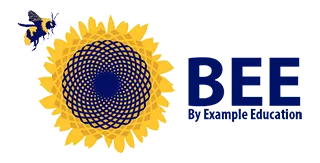3.6 to 16.6 million people in the USA have FASD.
Know someone affected?
Research suggests that 52% of pregnancies today are unplanned and that 74% of women in North America of child-bearing age drink alcohol. In the US, the estimated prevalence of Fetal Alcohol Spectrum Disorders (FASD) among first-graders in 4 US communities ranges from 1.1% to 5.0% using a conservative approach.[A]
That is between 3.6 and 16.6 million people in the US. In Canada, FASD is the leading cause of neurodevelopmental disabilities, affecting 4% of the population [B], meaning 1.5 million people.
Research clearly shows that the prevalence of FASD is greater than Autism, Down's Syndrome, and Cerebral Palsy combined! [C, D, E].
Yet most people have never heard of FASD. As a modern-day society, how can we have such a radical lack of awareness of this disability among children, and the general population at large?
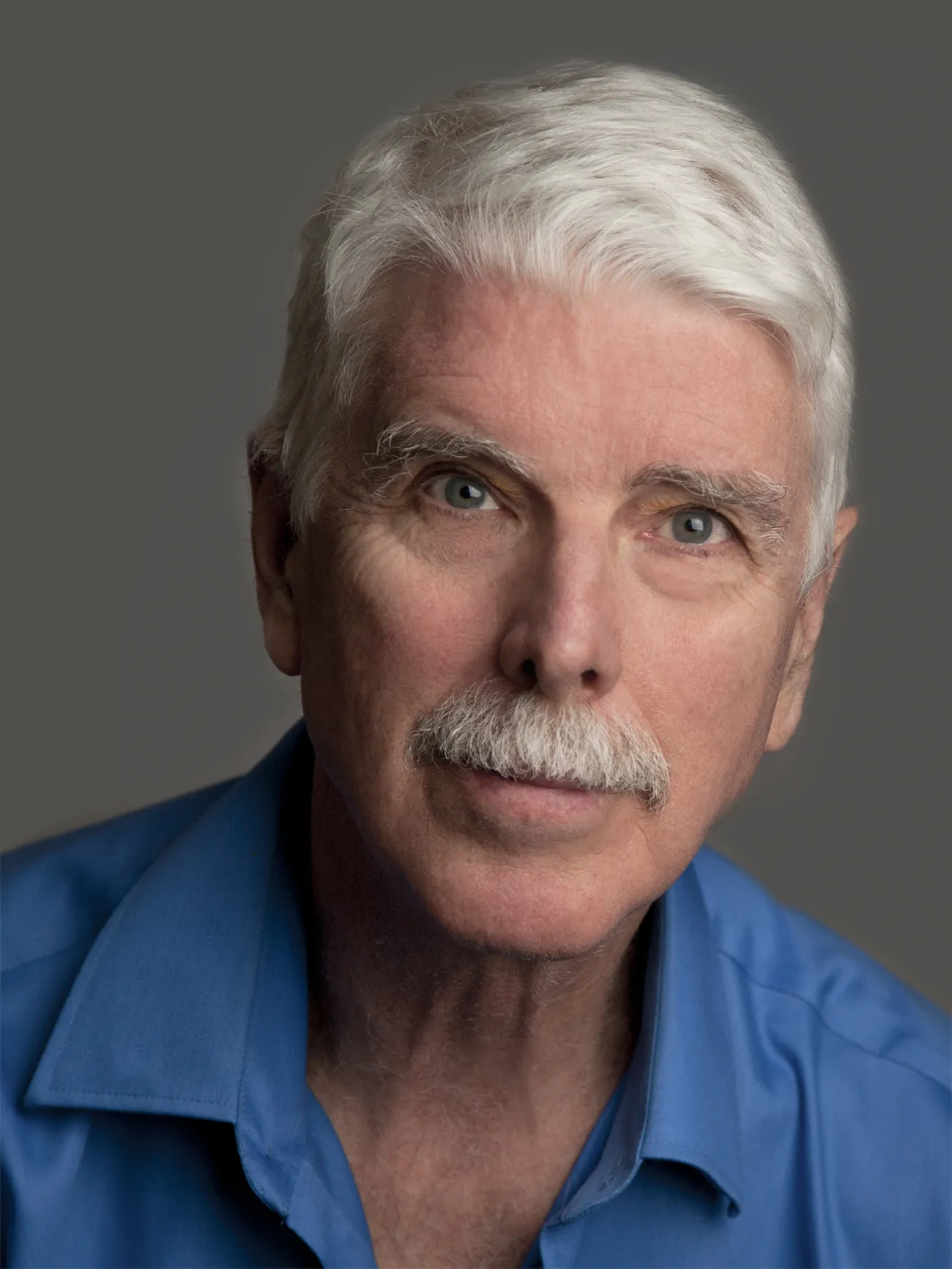
David Gerry
"The earlier the diagnosis, the better the prognosis."
Are you a parent/caregiver of a child who has, or you suspect has, FASD?
A 2019 study reports, "Global subpopulations of children in care, correctional, special education, specialized clinical and Aboriginal populations have a significantly higher prevalence of Fetal Alcohol Spectrum Disorder compared with the general population, which poses a substantial global health problem."[F]
The currently accepted estimate of 1% of all births being prenatally alcohol exposed is likely a VERY conservative estimate of FASD. Given that adequate nutrition is one of the best protective factors for a baby, and that there is often poverty associated with children being adopted or taken into foster care, children in these circumstances are often at significant risk for prenatal exposure to alcohol.
In Alberta (Canada), it is considered part of good child protection practice that when a child is taken into care by the province that the child be screened for prenatal alcohol and drug exposure. This policy is practical because Alberta has the most extensive network in Canada of diagnostic and assessment clinics for FASD. They have found that 52% of the children taken into care are diagnosed with FASD. Unfortunately, this level of diagnostic and systemic support is not yet widely available. Many FASD Professionals continue to advocate for a National FASD Strategy in their country (click here for a Canadian example).
Due to a lack of awareness amongst health-care professionals, a lack of systemic health-care support services, and the nature of this lifelong disability being mostly invisible, many children affected by FASD often go undiagnosed. And if they do receive a diagnosis, it is often incorrect. Most symptoms present as behavioural issues. They are not. FASD is a set of lifelong neurodevelopmental deficits that presents differently in each child. Using traditional "behavioural" approaches only exacerbates the situation: the child is asked to do something they literally cannot do. It's like demanding a blind person see, and when they can't see, we punish them for not being able to see. Many parents and caregivers experience a huge amount of heartache, hassle, and emotional fallout by applying a trial-and error approach to looking after their child with FASD.
We have an international community of parents, caregivers, and FASD professionals. To hear many of our experts speak, you'd typically need to attend an in-person FASD conference. We bring these speakers to you, so you can benefit from their collective wisdom from the comfort of your home. You can immediately put their tested, research-based strategies into daily practice ASAP to make life easier with your family member with FASD. Who knows better than another parent who walks in the same shoes as you?
Together we can make a life-changing difference in the lives of those with FASD that will last for generations to come!
- David Gerry, By Example Education
Community Feedback
"I want you to know that you have organized a most valuable support for FASD parents. I have never gone to an FASD conference before. I always wished I could hear the guest speakers from the comfort of my own home. You have solved this conundrum. I can actually be in my own home, keeping an eye on my alcohol affected son, and feel reassured there are people out there that understand and get it. Thank you most sincerely."
– Nancy

"You know the expression, "When the student is ready, the teacher will appear." I have my computer running with the presentation, and my laptop running so I can type and take notes. I have ordered the package of transcripts, etc. I just want to say thank you. The information has been unbelievable, and sometimes it is reassuring when I hear that the professional experts don't exactly agree."
– Elaine, Canada

"I bought the package so I can listen to the interviews several times... the best money I have ever spent!"
– Tim, Canada

"This was AWESOME! Thank you! I will be getting in contact with Dr. Claire Coles to find out how I can be trained. Oregon has very few resources for families/individuals dealing with FAS/FASD. Thank you SO MUCH!"
– Carol Anthony, LPC, USA

"I have just listened to the session with Kim Barthel, which was music to my ears and makes so much sense about my nieces sensory problems and how to work with her. I am finding this conference so helpful in my understanding of my niece where FAS has been ruled out. Many thanks for putting this conference together."
– Chamomile, England

"Until today, seriously David, my wife and I felt really alone in fighting with these so-called authorities (both agencies and government) because of THEIR lack of understanding of FASD and ALL the challenges that we, as foster parents, experience. With all my heart, I thank the LORD and you David and the FASD group that we are finally not alone after listening to the second talk of the day. Suddenly, it dawned on me, there is a group out there that I can work with... Triple blessings to you and your group."
– Dr. Winfield, PhD

"I am an Occupational Therapist working on a FASD prevention project in a small community in the middle of South Africa. I do plenty of training similar to Kim Barthel and found it so refreshing to hear her present the same information in a somewhat different way. All your other speakers have been very informative and will help me tremendously in my work. I really appreciate having access to this high quality training. Training in an area this remote always comes at a greater cost as it includes accommodation and traveling, so it is a real privilege to have it at the tips of my fingers. Thank you for taking the time and effort to put this together not only for my own enrichment but also for all our clients!"
– Lian-Marie, South Africa

"I would like to add my accolades for this Summit. I don't live with FASD, but am the center manager for a Head Start program and have worked in early childhood education for 25 years. Our program uses the PBIS (positive behavior interventions and supports) which focuses on building relationships, then teaching social skills, and then developing plans as needed. The information I got from Diane Malbin many years ago (thinking about the brain first) is a perfect fit with PBIS. The ideas and information presented throughout this Summit has given me updates on research, and some practical intervention strategies I can share with my teachers to help ALL children be more successful in the preschool classroom. The Summit has also given me ways to work with our families to help them advocate for their child. Thank you so much!"
– Julie, USA

"For the first time I feel hope as I raise my daughter with FASD. Since the diagnosis of FASD, I’ve asked myself so many questions: We have the diagnosis, so now what? What does this mean for our family and for our daughter living with FASD through the years? It feels like we’re always reacting and treating symptoms. I worry that the social and educational gaps will widen as she gets older. Is there ways to close those gaps? I think the most helpful part of this summit is the real life examples and practical parenting tips given by the presenters."
– Julia, USA

"This series is amazing and informative. Thanks for thinking of it and making it happen."
– Lynette, Canada

"I want to express my heartfelt thanks to you and everyone who is involved in the FASD Summit Conference. Thank you for all the hard work that has gone into this.... I've already listened to one speaker and want to listen to Dr. Rod Densmore and others."
– Kevin, USA

Three Ways to Get Support Now
Our parent and caregiver tools, training, and support are designed to help you raise your child with FASD. Many of our experts are FASD researchers and professionals, as well as being parents of a family member with FASD. Gain important insights from those who have grown up with an FASD.
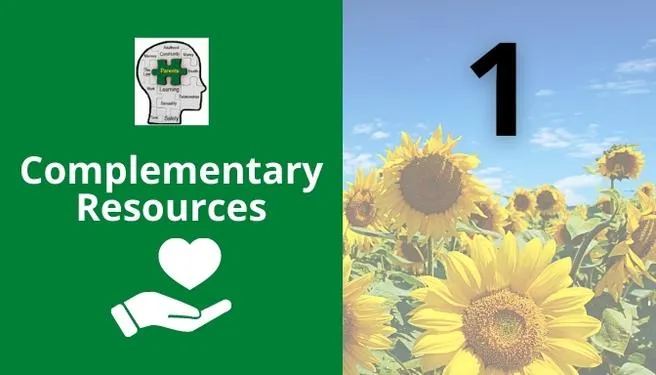
1) Free Resources
Sign up to our email list, access our complimentary trainings, and resources.
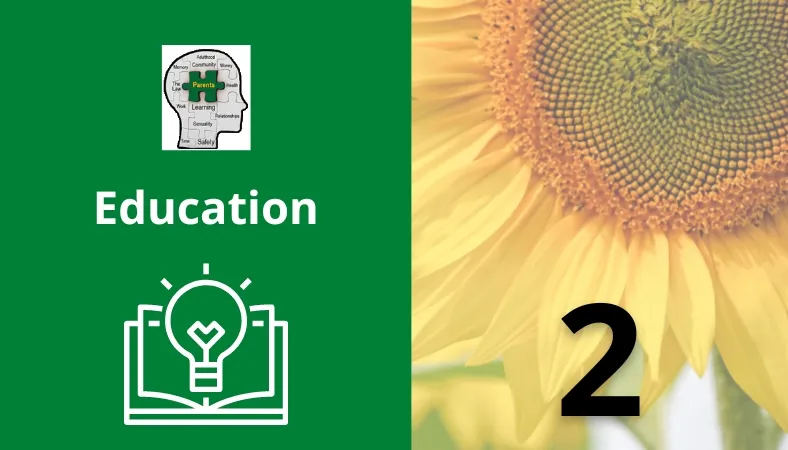
2) Education
Take a look at our selection of research-based FASD courses and trainings.
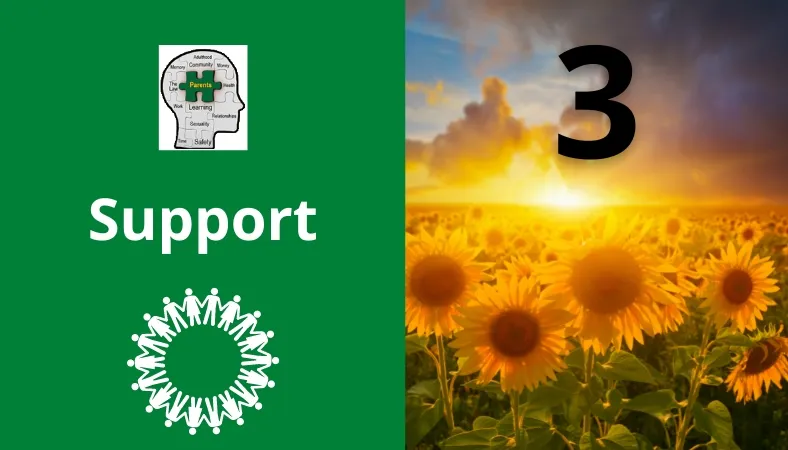
3) Support
Access our international community of parents, caregivers, and FASD professionals. Get your questions answered during live Q&A sessions, or 1-on-1 coaching.
Insights, resources, and effective tools for parents and caregivers, regardless of your level of FASD expertise:
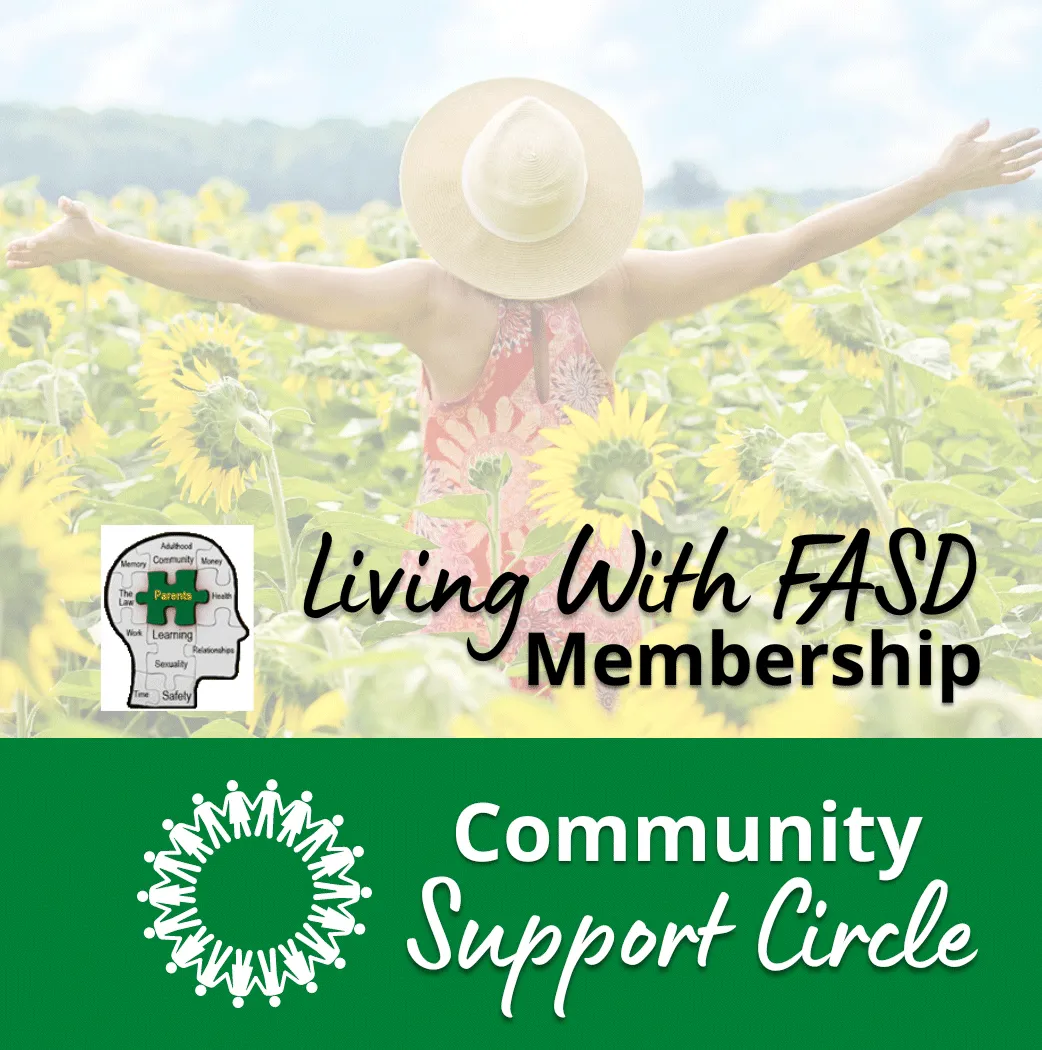
Get support while at home with your child
Connect with other parents, caregivers, and professionals caring for a family member with FASD. Share your hard-won insights. Access battle-tested strategies from other community members.
Effective, research-based tools and strategies
Many of our FASD professionals are researchers in the field of FASD, as well as being parents of a child with FASD. They have tested the effectiveness of their strategies and tools for home and school.
Access to an International FASD Community
Our FASD Community Support Circle membership connects parents, caregivers, and professionals from around the world: Canada, Australia, South Africa, England, the USA, and beyond.
Community, Training, & Tools Available 24/7
Access all our training, tools, resources, and our community at any time, in any timezone, via your phone, tablet, or desktop computer. Download training and resources for offline use.
GET INSTANT ACCESS NOW
Tool: 22 Things Parents Must Know About Kids With FASD That Will SAVE Heartache, Hassle, and the Emotional Fallout from Trial & Error
